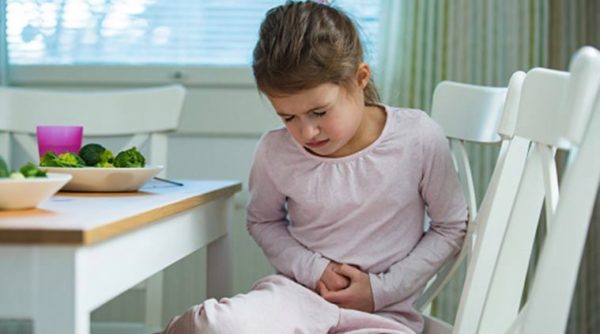

By Dr Jyoti Goyal
Stomach flu is a viral infection of the intestine that causes fever, abdomen pain, diarrhoea, vomiting, dehydration and loss of appetite. Adults and children can both be afflicted by this illness, which is mainly caused by touching infected surfaces or eating food or drinks infected with the virus. Most stomach ailments last about 24 to 48 hours, with the worst part being the first 12 hours. It almost always starts with vomiting, followed by diarrhoea or even together.
A majority of children can recover from mild dehydration easily. The risk of severe dehydration increases in babies and toddlers with less body mass.
Whenever anyone suffers from stomach flu, the focus should be to prevent dehydration. Some advice which can be followed at home, even without a doctor’s prescription is to keep oneself hydrated by drinking fluids like sports drinks, ORS or lemon water with salt and sugar. Adults and children should avoid drinking canned juices and soda because they make diarrhoea worse.
The key is to offer small amounts of the desired food and not overeat.
It is necessary to follow a 20-minute rule. After a child has vomited, it takes some time for their system to rest before being rehydrated. If rehydration is started immediately, vomiting is likely to occur again. To avoid this, wait about 20 minutes before offering a small amount of drink or food. After 20 minutes, the quantity should be increased a bit and so on.
There are a few clues which may help in identifying a dehydrated child. They may be exhausted, refuse to drink, vomit repeatedly, unable to retain food, cry without tears and have dry lips and mouth. It is critical to know that not all vomiting indicates stomach flu. If a child is not responding to rehydration or has additional worrisome symptoms, a doctor should be contacted immediately. Some other warning signs are intractable vomiting or diarrhoea with dehydration; not tolerating any oral fluids, bloody diarrhoea, high fever, severe abdominal pain, in case of urine has not passed for six to 8 hours.
If possible, it is advisable to eat fresh fruits, green vegetables and wholegrain cereals. Hand hygiene is the most effective way of preventing these infections. Alcohol-based hand sanitisers are also useful and an easy way to keep hands clean and germ-free, though whenever hands are visibly dirty, it’s best to wash them with soap and water. Lactating mothers should continue to breastfeed their babies. Most children recover rapidly with a little care and following hygiene practices.
Also Read| 13 simple home remedies for your child’s stomach ache
(The writer is Head of Department-Internal Medicine, Nayati Medicity, Mathura.)